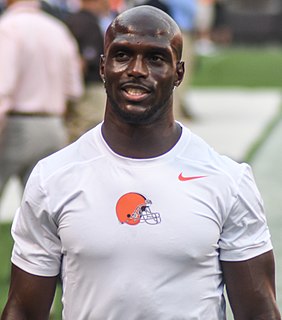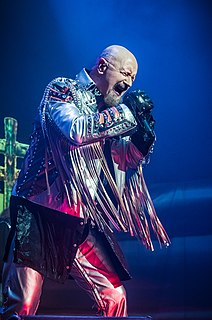A Quote by Alex Oxlade-Chamberlain
Obviously, everyone goes in the gym and does the biceps bells and the bench press, but when you're injured, you work on your core, your pelvic floor, your groins, on glutes, and muscles you wouldn't really know about. It does make you a stronger player all round in terms of injury prevention.
Related Quotes
The greatest feeling you can get in a gym or the most satisfying feeling you can get in the gym is the pump. Let's say you train your biceps, blood is rushing in to your muscles and that's what we call the pump. Your muscles get a really tight feeling like your skin is going to explode any minute and its really tight and its like someone is blowing air into your muscle and it just blows up and it feels different, it feels fantastic.
It's tough, you know, when you're thin and you don't put on muscle mass that easily. What you've got to remember is that you really have to eat a lot and you have to work your body out with basic exercises like deadlifts and squats and the bench press - the workouts that are basic in form but work a large group of muscles.
Do you know how to digest your food? Do you know how to fill your lungs with air? Do you know how to establish, regulate and direct the metabolism of your body -- the assimilation of foodstuff so that it builds muscles, bones and flesh? No, you don't know how consciously, but there is a wisdom within you that does know.
Because Pilates requires you to press your abs toward your spine, you don't want to allow your lower belly to round and press out as air comes into your lungs. You also don't want that abdominal lock to force you to breathe shallowly. To breathe correctly, you must expand your rib cage, primarily through your midback.




































